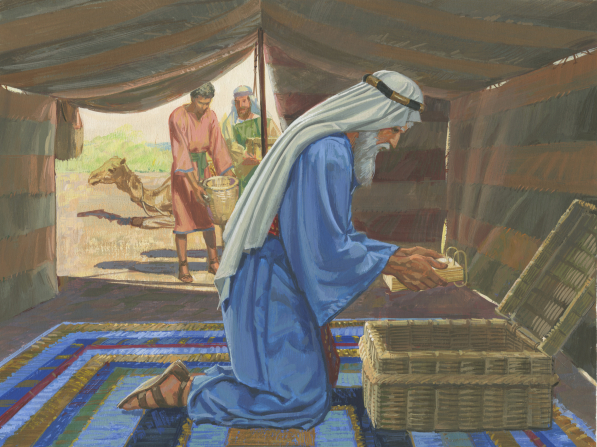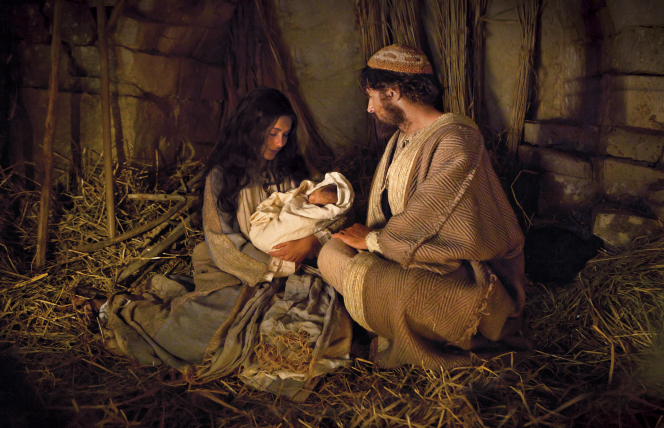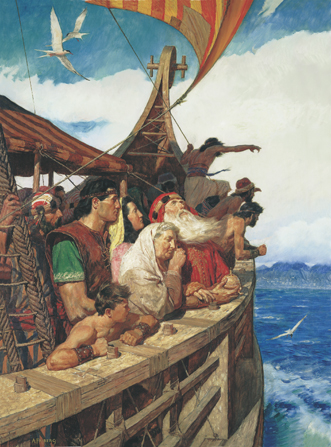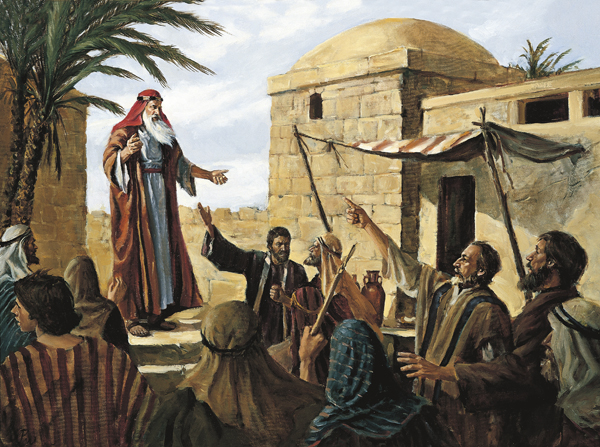For example, I remember the first time I overdrafted my checking account. I was a teenager and had simply forgotten to check how much was in my account before making a purchase. A $35 overdraft fee was charged to my account (that even seems like a lot today, but it was monumental to a 17 year old). I felt horrible for letting my negligence lead to such a financial loss. I discussed it with my mom, who suggested I call the bank. She felt confident that, because this was my first offense and it was truly an accident, they would be willing to waive the fee.
I was skeptical. After all, this was my fault, and the fee was something I had agreed to in the contract I signed.
But I made the call, trying to sound confident because my mom was sure it would work. And I was shocked as the bank employee quickly removed the fee.
This line of thinking - I realized - was carrying over into my thoughts of spiritual justice and mercy. My experience with the bank decreased my fear of future overdrafts. I felt that their punishment was really just an empty threat.
I have found myself propagating this notion in my own children when I say things like, "if you get in your car seat right now, you can have a popsicle at home," but I give them a popsicle whether or not they comply with their part of the bargain.
If we are not careful, it is easy to believe that things would have worked out whether or not Christ had come. We may be deceived into thinking that His punishment for sin is just an "empty threat," or, as one Book of Mormon writer said, "eat, drink and be merry... and God will beat us with a few stripes.." (2 Nephi 28:8) I had a Seminary teacher who referred to this as being whipped with wet noodles.
Such a thought process may lead us to think that repentance is not truly important, and to under appreciate what Jesus Christ's life and mission truly accomplished.
So what did Christ really save us from?
"Wherefore, all mankind were in a lost and in a fallen state, and ever would be save they should rely on this Redeemer." (1 Nephi 10:6)
.........................
"And thus we see that all mankind were fallen, and they were in the grasp of ... the justice of God, which consigned them forever to be cut off from his presence... therefore, God himself atoneth for the sins of the world..." (Alma 42:14-15)
.........................
"Jesus saith unto him, I am the way, the truth, and the life: no man cometh unto the Father, but by me." (John 14:6)
.........................
"O the wisdom of God, his mercy and grace! For behold, if the flesh should rise no more our spirits must become subject to ... the devil, to rise no more. And our spirits must have become like unto him, and we become devils, angels to a devil, to be shut out from the presence of our God, and to remain with the father of lies..." (2 Nephi 9:8-9)
.........................
The consequences are real. That last verse sends shivers down my spine. These inspired verses together - and so many others - give me a true understanding of what Christ has saved me from, and all that He will save me from if I will repent and come unto Him.







